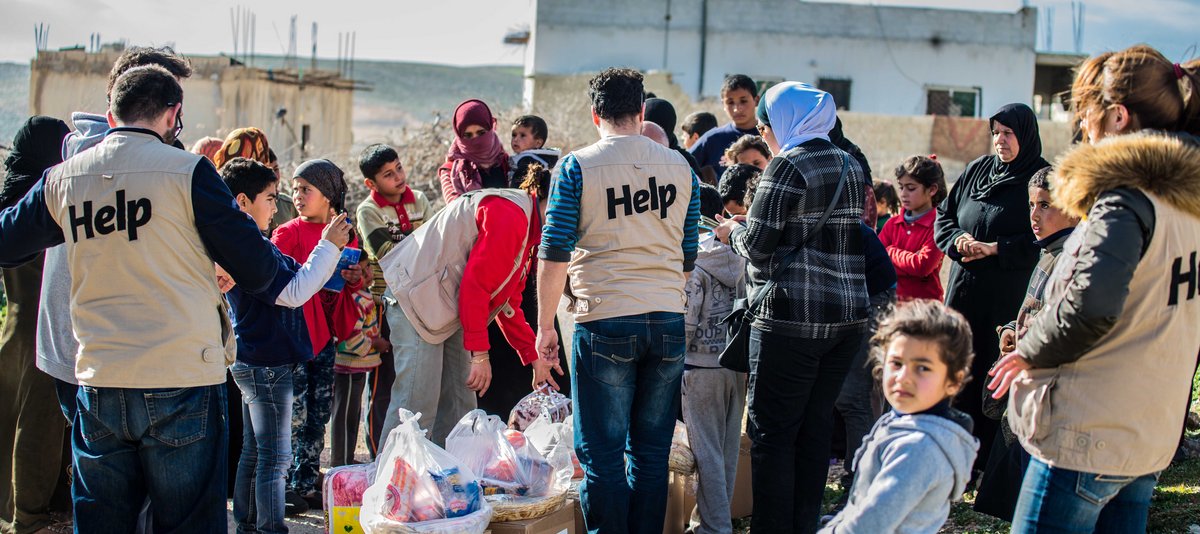Humanitarian aid
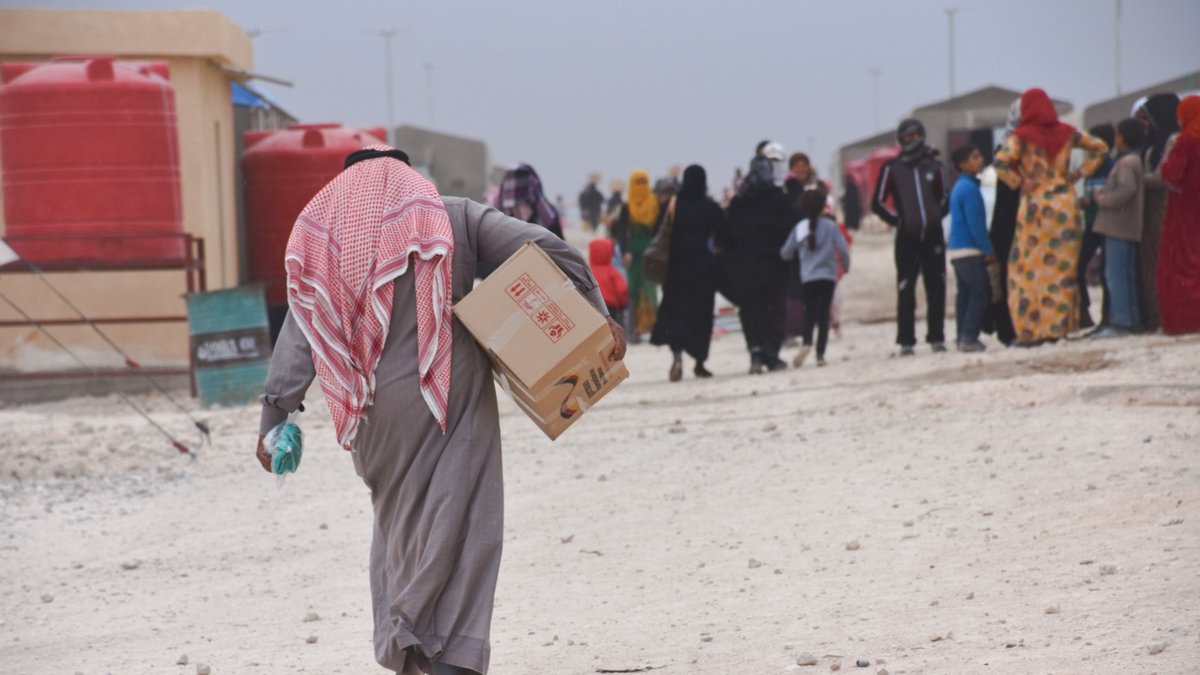
Help in times of need
As a result of disasters, conflicts or crises, people often find themselves in life-threatening emergency situations. Humanitarian aid aims to ensure the survival of those affected and alleviate their suffering.
What is humanitarian aid?
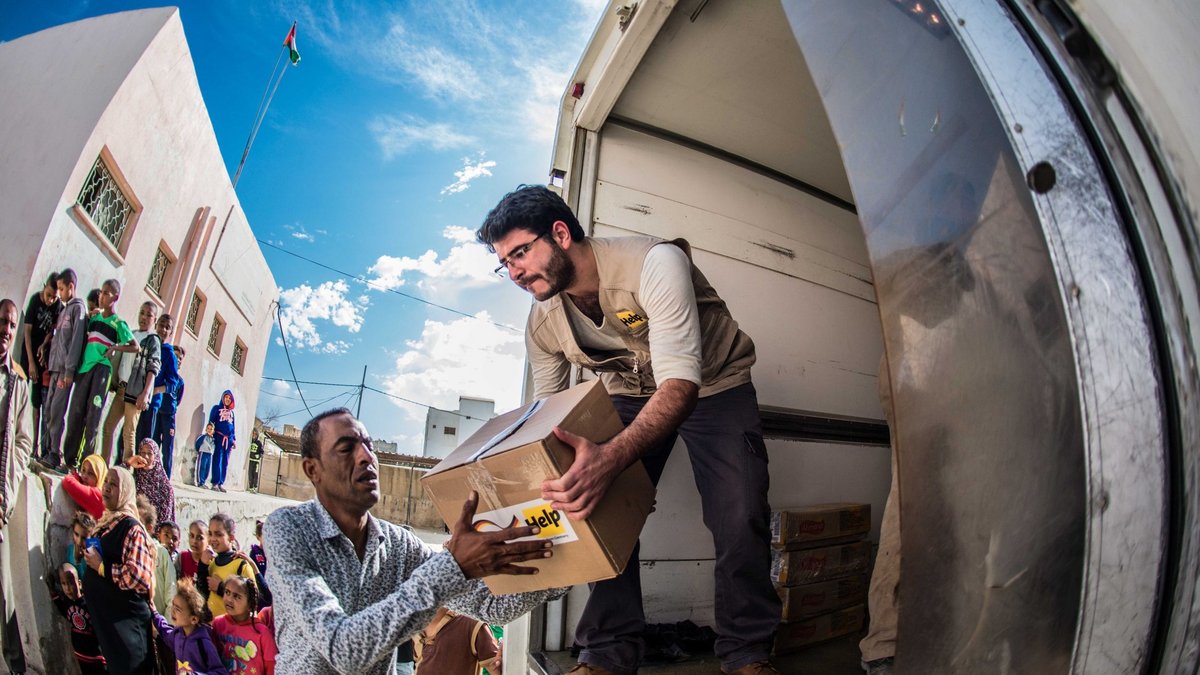
The earthquakes in Turkey and Syria, the war in Ukraine and the COVID-19 pandemic have one thing in common: as a result of such situations, many people are left with nothing and are unable to free themselves from their plight. Humanitarian aid means providing rapid assistance to those affected in a crisis and ensuring their survival.
Aid organizations such as Help then provide people with drinking water, food, medicines, tents and other relief supplies, but also provide initial medical care, psychosocial support or cash assistance.
Fundamental humanitarian principles
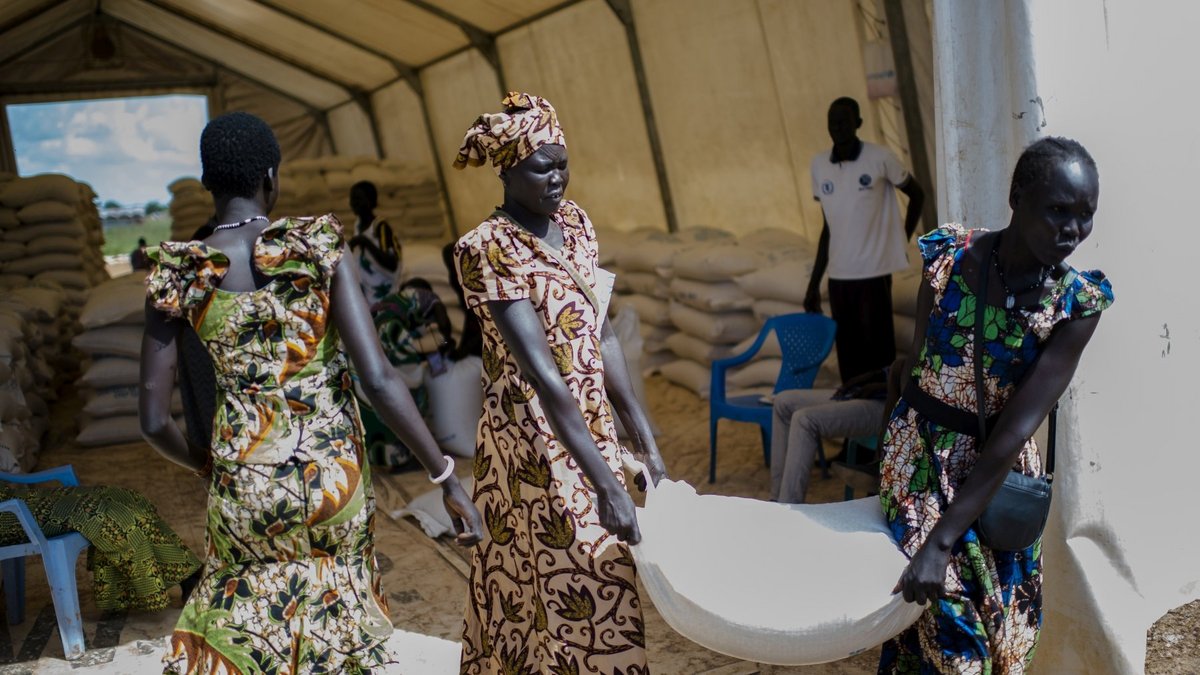
To ensure that people in emergency situations can survive in dignity, humanitarian aid is based on four fundamental principles that have been recognized by the UN General Assembly as the basis of global humanitarian aid.
- Humanity: The aim of humanitarian aid is to alleviate human suffering wherever possible and to save lives.
- Impartiality: Humanitarian aid is based on need and must not discriminate on the basis of age, gender, religious affiliation, nationality, ethnicity or ideology.
- Neutrality: In conflict situations, no sides are taken or certain sides favored. Neutrality enables aid providers to gain access to people in need.
- Independence: Humanitarian objectives are independent of political, military, economic or other objectives.
Difference: Humanitarian aid and development cooperation
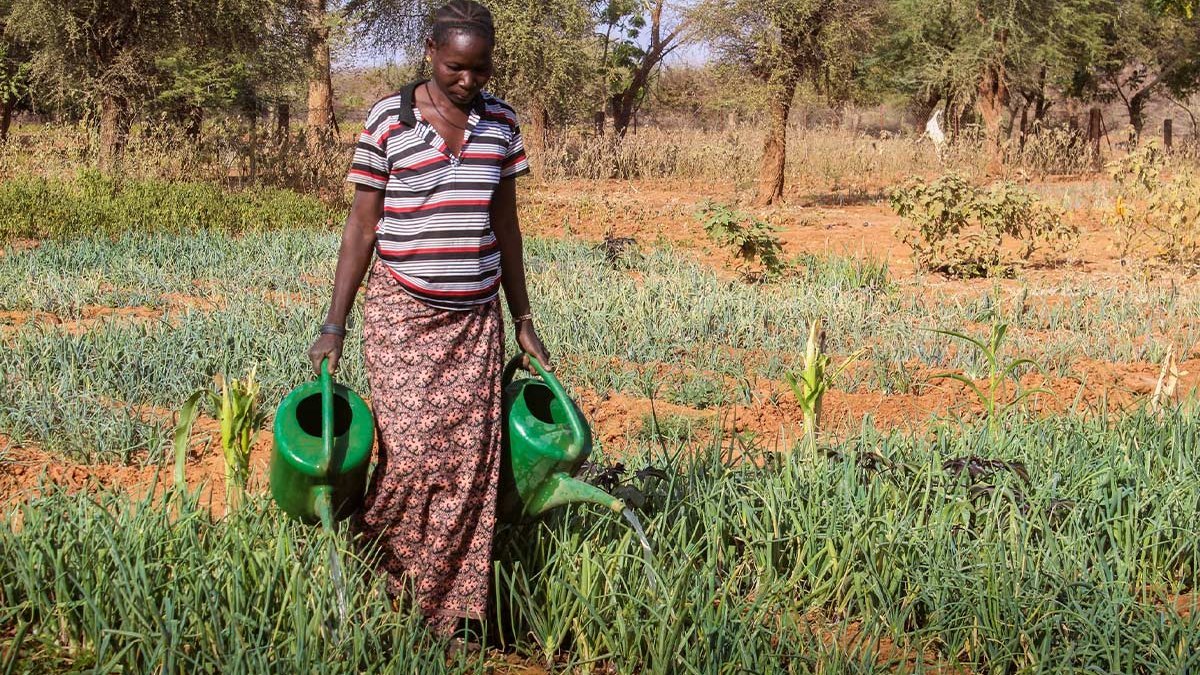
Humanitarian aid aims to alleviate the suffering of people who are acutely affected by crises, conflicts or disasters in the short term. This emergency aid can last for several weeks to months.
Development cooperation, on the other hand, aims to improve living conditions as well as economic, social, ecological and political conditions on a long-term and sustainable basis. Development cooperation combats poverty and helps to prevent crises by strengthening people's resilience. As this involves working together with the countries and the population, it is often referred to as "international cooperation".
Helping people to help themselves is at the heart of development cooperation. Typical measures include the promotion of agricultural activities, the creation of jobs and the strengthening of structures.
Humanitarian aid and development cooperation usually go hand in hand: after acute emergencies, humanitarian aid often turns into development cooperation, for example to promote sustainable reconstruction or to help those affected to become self-sufficient in the long term.

